What do you think?
Rate this book


415 pages, Paperback
First published November 1, 2001
Austerlitz commented in passing of this lady, whose peroxide-blond hair was piled up into a sort of bird’s nest, that she was the goddess of time past. And on the wall behind her, under the lion crest of the kingdom of Belgium, there was indeed a mighty clock, the dominating feature of the buffet, with a hand some six feet long traveling round a dial which had once been gilded, but was now blackened by railway soot and tobacco smoke.
…if Newton really thought that time was a river like the Thames, then where is its source and into what sea does it finally flow? Every river, as we know, must have banks on both sides, so where, seen in those terms, where are the banks of time? What would be this river’s qualities, qualities perhaps corresponding to those of water, which is fluid, rather heavy, and translucent? In what way do objects immersed in time differ from those left untouched by it? Why do we show the hours of light and darkness in the same circle? Why does time stand eternally still and motionless in one place, and rush headlong by in another?









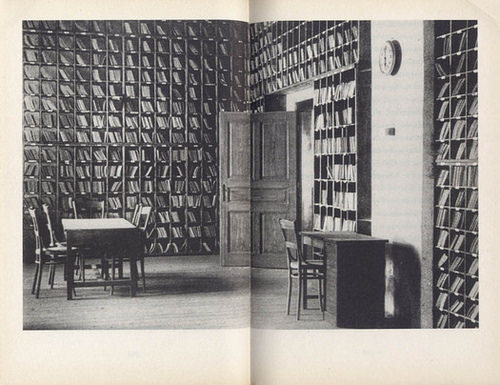
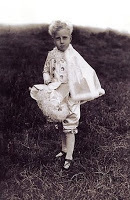
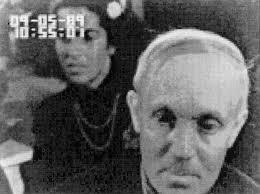

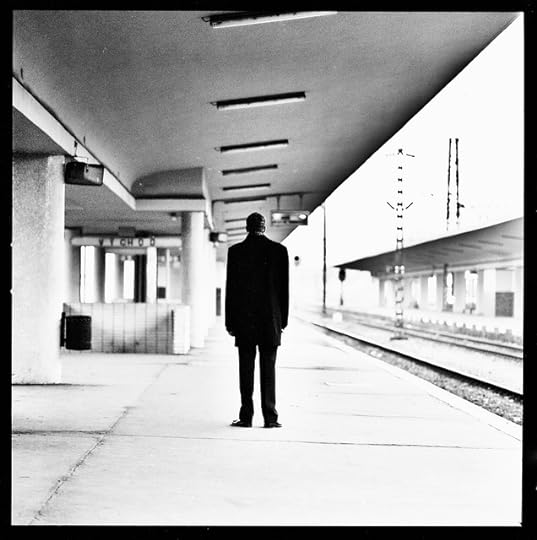
A tribute to the remembrance of things past (and ominously present).🥀
”It seems to me then as if all the moments of our life occupy the same space, as if future events already existed and were only waiting for us to find our way to them at last… And might it not be, continued Austerlitz, that we also have appointments to keep in the past, in what has gone before and is for the most part extinguished, and must go there in search of places and people who have some connection with us on the far side of time, so to speak?”



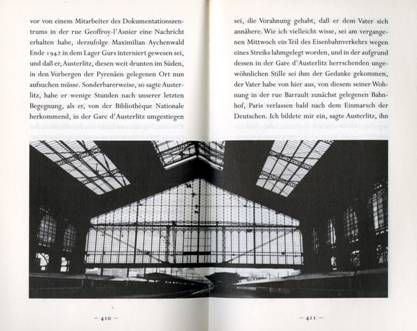
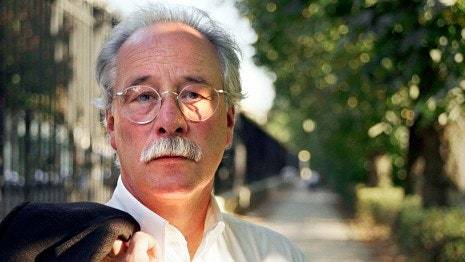

In my photographic work I was always especially entranced, said Austerlitz, by the moment when the shadows of reality, so to speak, emerge out of nothing on the exposed paper, as memories do in the middle of the night, darkening again if you try to cling to them, just like a photographic print left in the developing bath too long.